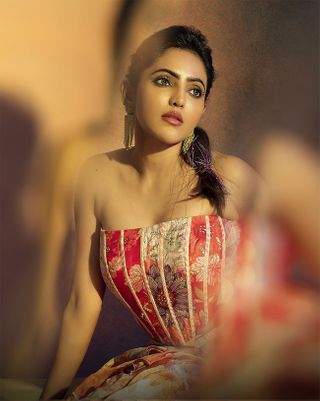
Transformers: Dark Of The Moon Movie Review
Ever since the first part, the "Transformer" series has been abysmally stupid, cinematically crass and viscerally dumb. But then going by the new capitalistic mantra for cinema, anything that sells cannot be dumb. Thus you have another version of the same film you've seen twice before starring teenagers whose range of emotions are fewer than creases on a child's cheek and lots of machines shifting from cars to robots, bleeding oil.
The story has never been the strong point of "Transformers" and even here as well it is best described in one sentence - after learning of a crashed spaceship from their planet on the dark side of the moon, the benign Autobots race to find it before the Decepticons do.
It isn't the background score that has been its strength either - in the din of squealing robots, there's no space for any. As far as acting goes, the human actors are more robotic than the robots.
The strength of "Transformers" is its special effects. Indeed one look at any of the three films and it seems that the only purpose they exist is so as to excite our perverse senses, through teenage skin show, or through the loud, crass violence that goes on and on in the film. Thus violence and booty junkies, which the world is full of, would simply trip on this film.
There are desperate attempts at bringing some emotions though some bad teenage jealousies, or honour in Optimus Prime respecting human decision to exile them. But all these fall like a pack of cards at the altar of teenage titillation, pointless jingoism, and mindless violence.
Like the other two "Transformer" films, after a point you forget who's fighting who. All you see is big metal things transforming mid-air and slashing one another. And that's about all there is to the film indeed. Watching it is like children sitting in front of the TV, watching anything just because something is moving on the screen.
Megan Fox is replaced by supermodel Rosie Huntington-Whiteley who like Ben Stiller's character in the satire "Zoolander", seems to have only one pouted-lips expression in the entire film.
The only metaphor that this version of the successful franchise ends up drawing, just like the other two, is against a visually challenged and overwhelmed society that needs extremities of visual stimulations to like something. And that is something that is neither good for cinema, or for society.








